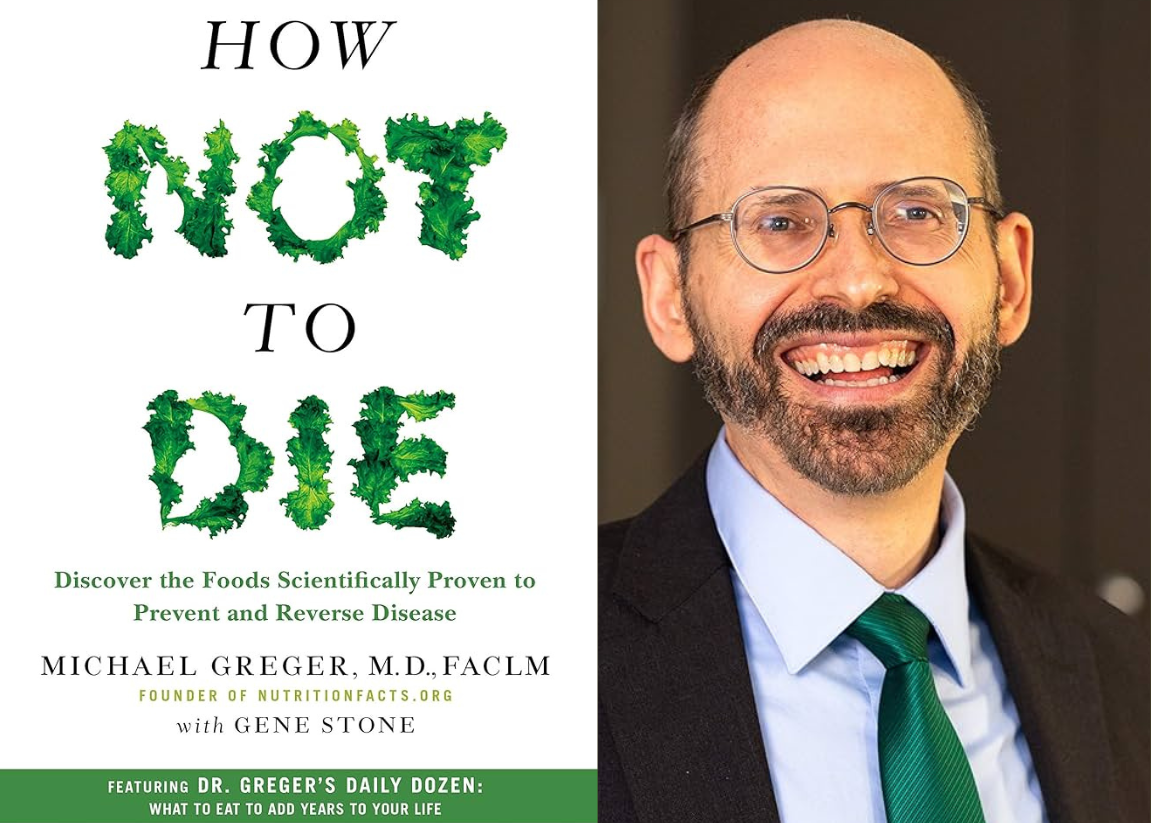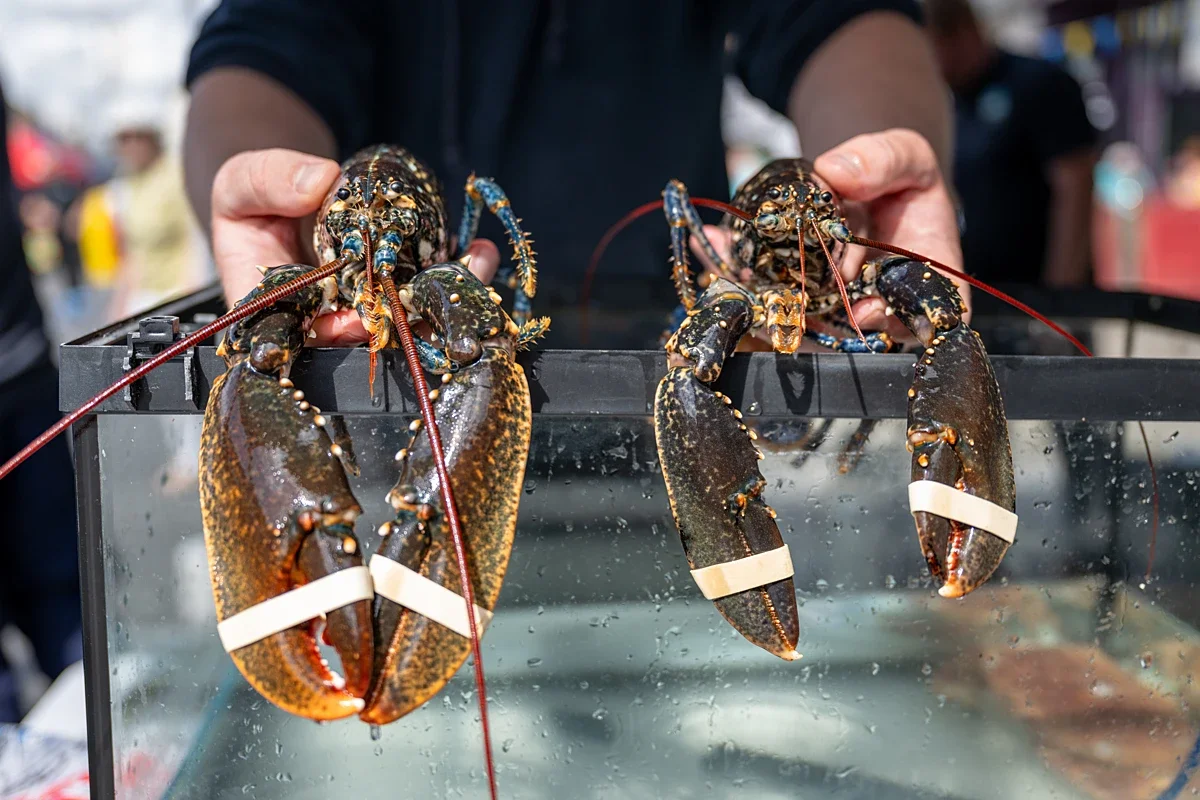Wild Animals Fear Human Voices More Than a Lion's Growl, Study Finds
The findings may help develop strategies and solutions to combat illegal hunting and protect endangered animals.
Wild mammals are more afraid of human voices than a lion’s growl, according to a new study that may help develop solutions to safeguard wildlife populations against illegal poaching.
Researchers played a series of recordings, including human voices, dog barks, gunshots, and lion growls, through speakers hidden at water holes in Kruger National Park.
The study, published in Current Biology, looked at the reactions of 19 different mammals, including elephants, lions, buffalos, hippopotamuses, giraffes, hyenas, zebras, leopards and warthogs.
The findings showed that wild animals were twice as likely to run away and abandon waterholes 40 percent faster when they heard the sound of humans compared to the sound of lions, barking dogs or guns.
A remarkable 95 percent of the mammals observed were more also likely to run away or leave waterholes faster when confronted with human voices than lion snarls.
"We usually think about the top of the food chain being large carnivore predators," lead researcher Professor Liana Zanette, a conservation biologist from the University of Western Ontario in Canada, said in a statement. "But what we're interested in is the unique ecology of humans as predators in the system, because humans are super lethal."
"Humans kill medium-sized carnivores, such as raccoons and skunks, at five times the rate at which large carnivore predators do, and we kill those large carnivores at nine times that rate,” Professor Liana Zanette, lead researcher from the University of Western Ontario in Canada, told CBC.
Co-author Michael Clinchy, also a conservation biologist at Western University said: "Normally, if you're a mammal, you're not going to die of disease or hunger. The thing that actually ends your life is going to be a predator, and the bigger you are the bigger the predator that finishes you off.
"Lions are the biggest group-hunting land predator on the planet, and thus ought to be the scariest, and so we're comparing the fear of humans versus lions to find out if humans are scarier than the scariest non-human predator," he added.
The human-voice clips, played at normal conversational volume levels, were sourced from radio and television recordings in the region's four most commonly spoken languages, which include Tsonga, Northern Sotho, English, and Afrikaans.
The recordings of dogs and gunshots were intended to simulate sounds linked to human hunting activities, while the lion vocalizations were to signify the presence of the region's top predator.
"The key thing is that the lion vocalizations are of them snarling and growling, in 'conversation' as it were, not roaring at each other," explained Clinchy. "That way the lion vocalizations are directly comparable to those of the humans speaking conversationally."
To observe how animals reacted to the sounds, the researchers used special waterproof setups that combined a camera and a speaker. These systems ran day and night for months. The study took place during the dry season near waterholes where animals drink, resulting in 15,000 videos for analysis.
"We put the camera in a bear box, not because there are bears out in South Africa, but because of the hyenas and leopards that like to chew on them," said Zanette. "One night, the lion recording made this elephant so angry that it charged and just smashed the whole thing."
The team is now exploring how their sound systems can help with conservation efforts to encourage endangered species such as the Southern white rhino to stay away from common poaching areas in South Africa, with efforts so far showing promising results.
"I think the pervasiveness of the fear throughout the savannah mammal community is a real testament to the environmental impact that humans have," said Zanette. "Not just through habitat loss and climate change and species extinction, which is all important stuff. But just having us out there on that landscape is enough of a danger signal that they respond really strongly. They are scared to death of humans, way more than any other predator."
Learn more about solutions to help protect wild animals from poaching and unethical tourism by listening to the Species Unite podcast episode: S9. E20: Daniel Kaul: The Brutal Life Cycle Of Captive Lions.
We Have A Favor To Ask…
Species Unite amplifies well-researched solutions to some of the most abusive animal industries operating today.
At this crucial moment, with worldwide momentum for change building, it’s vital we share these animal-free solutions with the world - and we need your help.
We’re a nonprofit, and so to keep sharing these solutions, we’re relying on you - with your support, we can continue our essential work in growing a powerful community of animal advocates this year.
More stories:
Species Unite
A collection of stories of those who fight the good fight on behalf of animals.






A prosecutor’s deal gave America’s second-largest beagle breeder until July 1, 2026 to “dispose” of its dogs, while a bipartisan adoption bill faces amendments critics say could doom them.